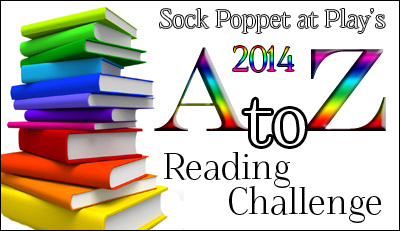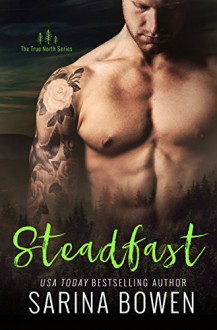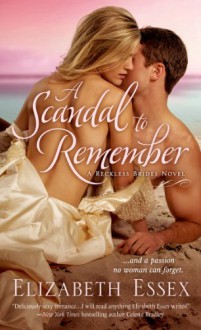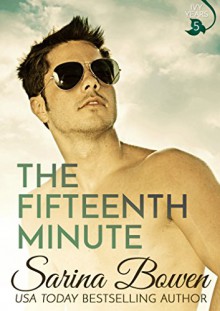
On her website, Diana Gabaldon says:
The OUTLANDER series started by accident, when I decided to write a novel for practice, in order to:
-
Learn what it took to write a novel, and
-
To decide whether I really wanted to do that for real.
I don't know if I've ever read a sentence that made me burn quite so hot with jealousy. I've been "writing novels for practice" for some twenty years, and yet... well, I'm not Diana Gabaldon, obviously.
This book blew me away. (W is for Wind in Sock Poppet's A to Z Reading Challenge). I'm an Outlander Noob, and I admit I approached this first book with skeptical trepidation, for three reasons: 1) People love this series, and too many times I have been lured in by hype only to be underwhelmed by my reading experience; 2) I knew these books involve time travel, and prior to this I'd never met a time travel book I actually enjoyed; and 3) these books are huge, and there are so many of them, and so I knew that even if I like the series, I'd be making an enormous reading time commitment (to say nothing of the expense!). Needless to say, I approached with caution.
Well, now I'm throwing caution to the wind. Outlander is awesome... but phew, how exhausting! (And not just because I've stayed up way too late reading for five nights running, either.) At the end of the book, Claire mentions that Job is Jamie's favorite book of the Bible. No wonder! In the course of their travels in less than a year, Claire and Jamie endure calamities and tribulations that rival even Job's epic suffering, and as a reader, I was often white-knuckled and tense with vicarious trauma.
Now I'm in a terrible bind: I really, really want to know what happens next, but there are seven more books, all equally enormous, to say nothing of the spinoffs, and I'm just not sure that helping myself to such a giant helping of vicarious reading trauma would be wise. Those lucky readers who came earlier to the Outlander party have had twenty-three years to spread out the emotional torment, Outlander having first been published in 1991 (about the time I first sat down to try to "write a novel for practice" -- Curse you, Diana Gabaldon!), and so you had to take it in small doses. Here's me, with the whole massive, sleep-depriving, ulcer-inducing, blood-pressure-elevating series at my finger tips with a few clicks of my mouse, and like an addict, I'm not sure I have the will power to resist a lethal hit.
UPDATE: I do have a couple of quibbles, though. I didn't include them earlier, because I don't think they impact my overall rating of the book, but now that I've stewed on things a bit I feel like I have to mention these points, because they really did bother me. A lot.
First: Shortly after their marriage, Jamie takes a strap to Claire because she disobeyed an order. He explains that he has to beat her in order to restore her standing in the Clan (because her disobedience was so public), and while it's true that the other men stop shunning her after her punishment has been served, and while I understand that it's probably a very historically accurate scene (wives having roughly the same legal standing as children in that era, and thus in need of their husband's discipline), I was troubled by the plot's implications that the beating brought Jamie and Claire closer. The resolution of conflict in a relationship brings people closer; not violence. Historically accurate or not, Diana Gabaldon is writing for a modern audience, and I can't help but filter what I read through my own (strongly anti-domestic-violence) lens. I also know that 1991 (when Outlander was first published) was very much on the cusp of the rapetastic bodice-ripper "Old Skool" of the romance genre just beginning to give way to the trend of kinder, gentler heroes and smarter, more independent and self-actualized heroines. In 1991, alph-hole heroes who beat on and raped their lovers were a venerable tradition in romance, and I wonder if Outlander were written today, instead of twenty years ago, if Gabaldon and her editors might not have had second thoughts about the necessity of that scene.
Next: There is another scene, not too long after, where Jamie tells Claire he wants sex and it doesn't matter whether or not she consents; he wants her, and he will have her, and her opinion on the matter is neither invited nor welcome. (Luckily, she's on board, but it's clear that it wouldn't have mattered if she hadn't been.) That is one of the most fully described sex scenes in the book (usually the sexy times, though numerous, are recounted in glancing detail), and I didn't find it appealing at all.
Finally: Why must the bad guys always be gay?! Actually, I think this is another hold-over from the conventions of Old Skool romance. From the 1970s through the early 1990s, almost without exception, if a character in romantic fiction was revealed to be gay or bisexual, you could take it to the bank that they'd turn out to be a villain in the end. As a bisexual woman in a committed lesbian relationship, I'm so, so glad that this trope is far less common now.
All three of these "quibbles" -- physical abuse, sexual non consent, and homophobia -- are the sort of major pet peeves that usually make me rage quit a book, and the fact that I was willing to tolerate them here (though they made my eyelids twitch) and still enjoy the book as much as I did says a lot.



 Log in with Facebook
Log in with Facebook 










